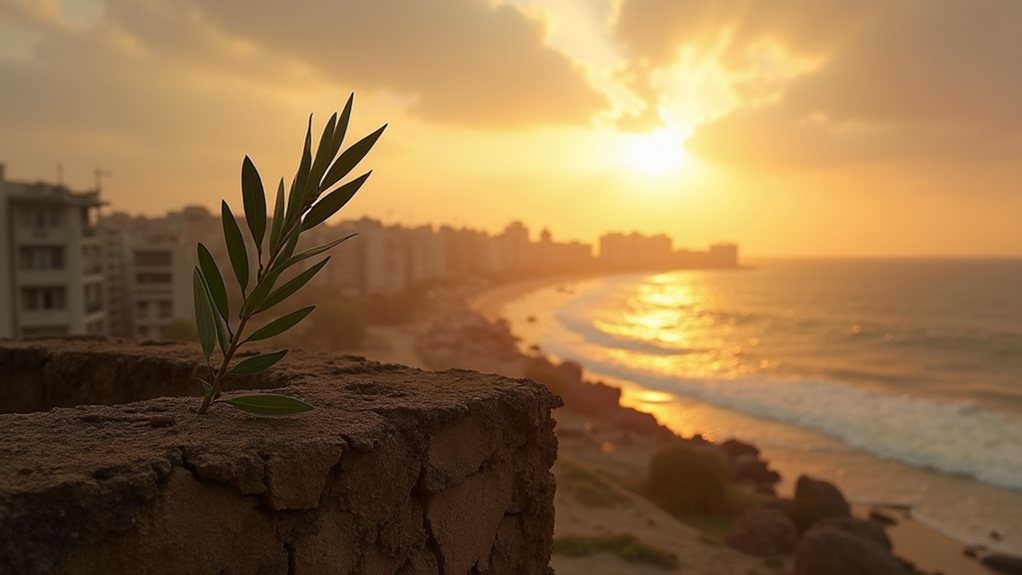Arab leaders gathered in Cairo, Egypt, to support a major plan for rebuilding Gaza. This high-level meeting included important figures like the Emir of Qatar, the Vice President of the UAE, and the Saudi Foreign Minister. UN Secretary-General Antonio Guterres was also present. The focus of the summit was a $53 billion reconstruction plan for Gaza, which aims to allow its residents to stay in the territory. The plan received strong backing from Arab leaders and was welcomed by Hamas leadership. However, it faced criticism from Israel.
Egypt's reconstruction plan marks a significant investment in the war-torn region. The financial commitment reflects a united stance among Arab nations to support Gaza's recovery. In contrast, former U.S. President Donald Trump's proposal suggested relocating the 2.3 million residents of Gaza to neighboring countries. His plan aimed to redevelop the region but faced strong opposition from Arab countries. The stark difference between the two proposals highlights the varying approaches to Gaza's future.
Egyptian President Abdel Fattah al-Sisi announced the agreement during the summit, emphasizing cooperation among Arab leaders. Meanwhile, Trump's alternative plan was met with skepticism and debate. The support for Egypt's initiative demonstrates a shift in regional dynamics, potentially challenging U.S. influence in the Middle East peace process.
The total cost of the reconstruction is $53 billion, but the sources of funding were not specified during the discussions. This plan also represents a major financial commitment from Arab nations, contrasting sharply with Trump's vision of U.S. control over development in Gaza. The geopolitical implications of this support could reshape the Israel-Palestine conflict and affect future international aid efforts.
Next steps include determining the details of implementation, negotiating with Israel and the international community, and monitoring the progress of reconstruction while addressing security concerns.









